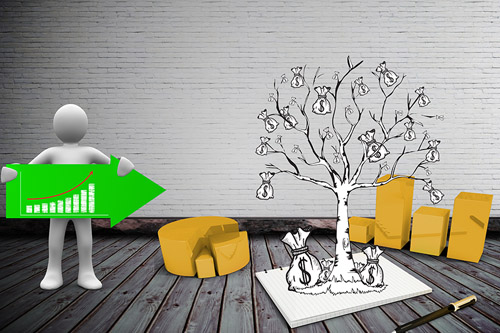“When it comes to employee tax, a little training goes a long way towards restoring productivity,” says Tanya Tosen, Tax and Remuneration Specialist at Remuneration Consultants.
Many employees don’t understand the complex tax calculations payroll applies to their earnings each month and often question these deductions. This is fuelled by tax myths that have become popular over the years.
Here are 5 basic tax myths:
Cost-to-Company is taxed higher than a Basic Plus Remuneration Structure
This is untrue and, with the right training, employees will learn that tax is calculated on individual payroll elements of their remuneration package. The model used makes no difference. When converting a company payroll from Basic Plus to Cost-to-Company, neither the employee nor the business should be worse off in the end.
My entire income is taxed according to my current marginal tax rate
This is a common misconception and completely wrong. South Africa actually has a progressive tax system. This means an employee’s total remuneration is divided into several portions called “tax brackets”.
The first portion is taxed at the lowest rate of 18% and subsequent portions at progressively higher rates, up to 45%. For example, for the 2022 year of assessment a worker earning above R467 500 per annum is taxed at 36% only on the portion exceeding that base amount. Portions below that base are taxed according to their lower associated marginal tax rates.
If my increase pushes my income into a higher tax bracket, I’m losing money because of a higher tax rate
As already shown, if an increase pushes an employee’s income into a higher tax bracket, only that portion exceeding the bracket’s base amount will be taxed at the higher rate.
Any amount below it continues to be taxed at the rates tied to each lower bracket. So, employees can enjoy their increase without worrying they will take home less money because of it.
My annual bonus is taxed differently from the rest of my income
Employees are taxed on their total yearly earnings, based on the individual elements of their remuneration package.
While their bonus increases their total annual earnings and may even push them into a higher tax bracket, companies typically factor this into their calculations in advance.
I’m supposed to get an age-dependent rebate
Many employees understand that they are entitled to a rebate based on their age and want to know if this is taken into account in the payroll system in their monthly PAYE deduction.
In fact, South African tax offers three age-related rebates, and most people only qualify for the first, namely the primary rebate. The government usually also change the rebate amounts annually each tax year which provides immediate relief to an employee’s annual tax liability.
For the current tax year, everyone below 65 receives a rebate of R15,714; those over 65 receive an additional R8,613; and those over 75 get another R2,871 off their annual tax bill.
Professional tax training
Training employees on their tax helps them understand that they are being paid fairly, keeps them motivated, and reduces the number of queries the payroll department must handle.
“However, tax can be complex and confusing, and training should be provided by an experienced remuneration specialist,” advises Tosen.





